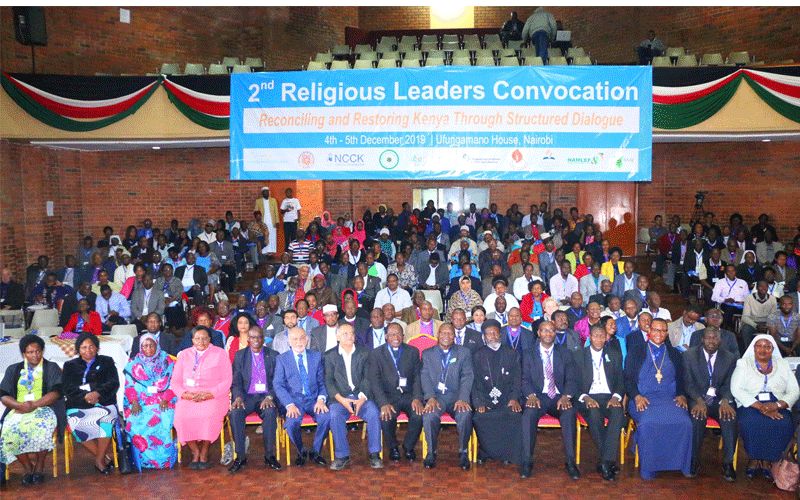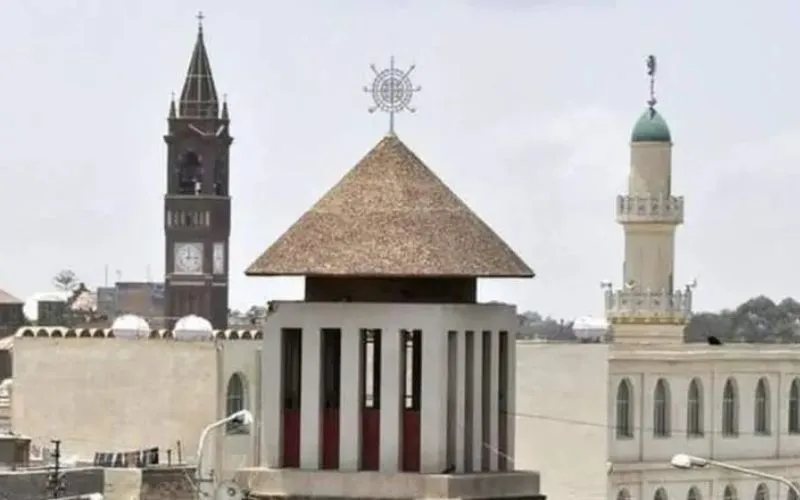Nairobi, 06 December, 2019 / 2:51 am (ACI Africa).
A week after the launch of the Building Bridges Initiative (BBI) report, a much-awaited document with recommendations on ending post-election conflicts in Kenya, representatives of religious leaders in the East Africa country have, during their two-day meeting in Nairobi, endorsed the 156-page report, making some proposals for “further consultations and refinement.”
“Having taken time to review and understand the report by the BBI Taskforce, we have recognized that there are many recommendations that have the potential to transform Kenya to a better nation,” the religious leaders who met for their “Second Religious Leaders Convocation” at Nairobi’s Ufungamano House stated in their communique dated December 5.
“On this, we recognize our concurrence with the taskforce on: the need for expansion of the Executive (and) the need to dignify the opposition to deflate the Winner Takes All nature of politics,” the body of over 300 religious leaders from different faiths across Kenya said in a statement signed by their representatives including Archbishop Martin Kivuva Musonde on behalf of the Kenya Conference of Catholic Bishops (KCCB).
The leaders also concurred with recommendations for “tax relief for small businesses established by young Kenyans and efforts to curb unemployment, strengthening of devolution by increasing the capacity of County Governments to deliver services (and) the fight against corruption.”
On November 27, the BBI report, a document detailing recommendations that foster the building of a national ethos, the ending of negative ethnicity, political antagonism and a host of other ills, which have bedeviled Kenya over the years was launched before over 5,000 delegates in the country’s capital, Nairobi.








